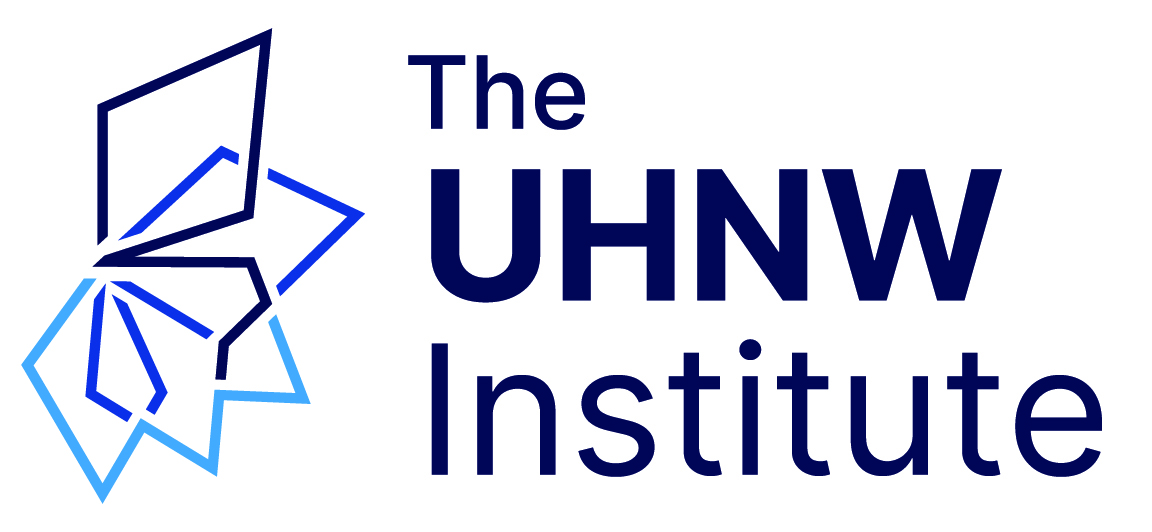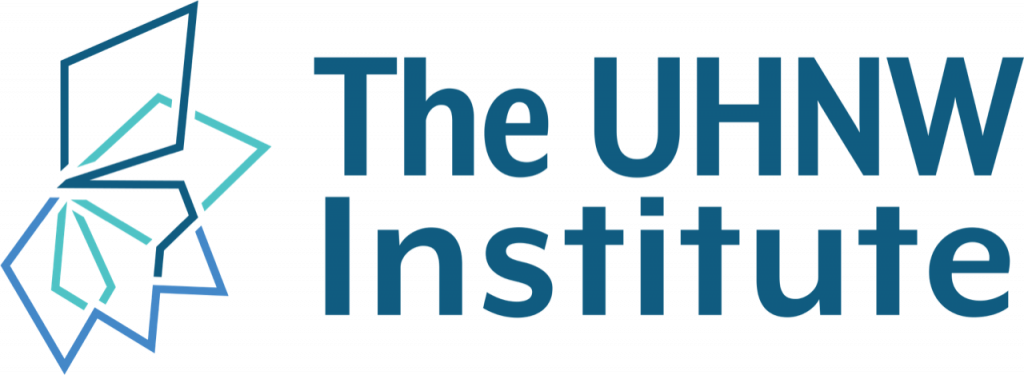Disaster Philanthropy: How You Can Help
As many know, Turkey and Syria were just hit by another earthquake following the quake two weeks ago that killed 47,000 people. If you or your clients are interested in supporting the immediate disaster response or recovery efforts, the Philanthropy and Social Impact Domain recommends this recent article in Barron’s, How to Give Toward Earthquake Relief and Recovery, as a resource.
In the article, Barron’s offers an inside look at what this recovery may look like and the importance of thinking ahead to help the impacted communities in the years to come. “There is so much to be done right now while the clock is ticking to save lives, and there will be so much to be done to rebuild communities and lives far, far into the future,” says Lydia Guterman, head of client service and operations at Arabella Advisors in Washington, D.C.
According to Barron’s, the most effective way to support victims in the immediate aftermath of the mammoth earthquakes is to donate to broad humanitarian relief organizations and to groups that can direct funds to vetted local nonprofits. Examples of these include:
CDP Turkey & Syria Earthquake Recovery Fund – This organization is currently raising cash for “targeted grantmaking,” which is made in collaboration with organizations on the ground in both countries.
Global Giving – When disasters happen, this organization already has a strong group of networked organizations it can easily move money to, and so they’re already vetted. This link leads to their dedicated Turkey and Syria Earthquake fund.
“An advantage of these large organizations is that they work together to avoid duplicating efforts, which can give philanthropists assurances that their non-targeted donations are being effectively deployed”, says Ashlee Woods, head of philanthropy at Ascent, the ultra-high-net-worth arm of U.S. Bank Wealth Management.
However, Patricia McIlreavy, president and CEO of the Center for Disaster Philanthropy (CDP), cautions that international non-governmental organizations could potentially have to back away from direct aid to Turkey in coming weeks. “It’s just that normal tension” between governments and civil society, with governments preferring their own national organizations take the lead in recovery, McIlreavy says. “We should plan for the fact that they may well work to shift the international funds to national organizations as soon as possible.”
Members who wish to learn more about the Center for Disaster Philanthropy and efforts to support those in crisis can check out the UHNW Institute’s prior roundtable on Disaster Philanthropy: Making an Impact in Times of Crisis.
As always, if you are interested in joining The UHNW Institute, please do not hesitate to contact us.

